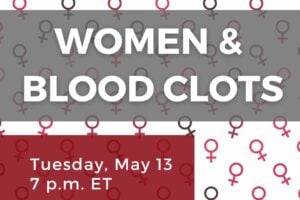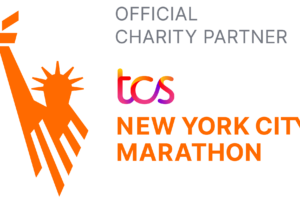15th Annual Women’s Empowerment Exposition Raises Blood Clot Awareness Among African American Women
For Immediate Release
Tarrytown NY, March 25, 2009 – The National Blood Clot Alliance (NBCA) seized an important opportunity to raise consciousness about clotting risks faced by women of color at the 15th Annual Women’s Empowerment Exposition on Saturday, March 14, 2009. 19,000 African-American women gathered at the RBC Center in Raleigh, NC for the event, which was sponsored by Radio One, a radio station whose primary audience is the African-American community.
This exposition featured entertainers Mary J. Blige and Jennifer Hudson as well as medical/diet specialist and TV personality Dr. Ian Smith. NBCA was represented at the exposition by renowned hematologists Dr. Stephan Moll of the University of North Carolina and Dr. Andra James of Duke University, members of the NBCA Medical and Scientific Advisory Board. Drs. Moll and James offered targeted presentations directed at women’s issues and clotting risk. These include genetic tendency to clot, birth control pills, patch, and ring, pregnancy and post-menopausal hormone therapy, all of which heighten risk for women to develop blood clots such as deep vein thrombosis (DVT) or its often deadly complication, pulmonary embolism (PE). In addition, volunteers of NBCA staffed a booth to provide information intended to educate the participants and answered individual questions about symptoms and risk factors for blood clots. Gwen Davis, wife of chapter-in-formation President Phil Davis, was given center stage for five shining minutes to talk to the full audience about blood clot prevention just before Jennifer Hudson took the stage.
NBCA’s involvement at such events upholds the 2008 “Call to Action” issued by the Surgeon General, Rear Admiral Steven K. Galson, MD, MPH, who designated public awareness as one key to preventing potentially lethal DVT and PE. According to recent studies, African-Americans are 30% more likely than people of other races to develop a blood clot, and at least 100,000 people die of blood clots each year in the US, many of which can be prevented.





